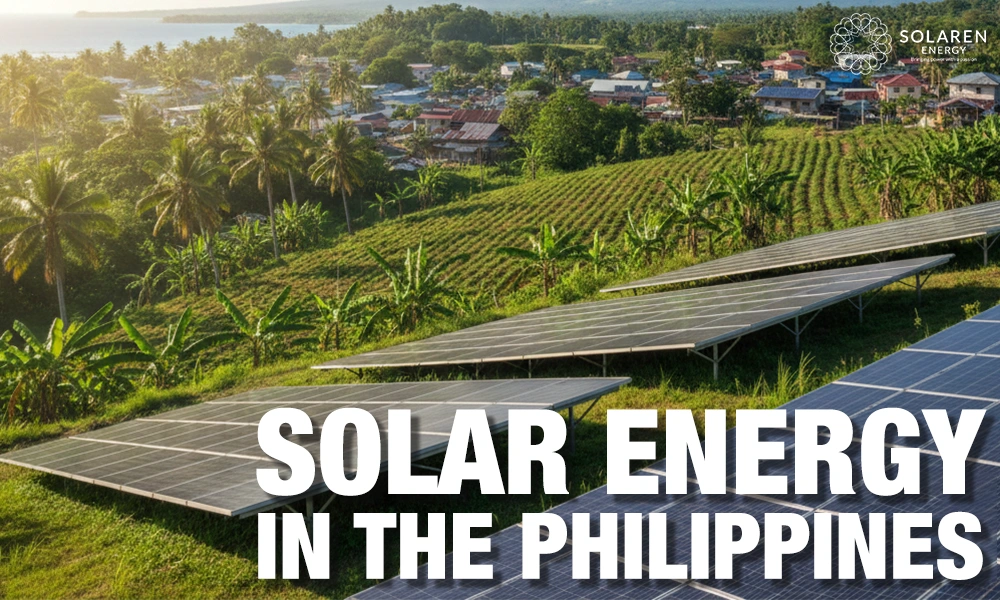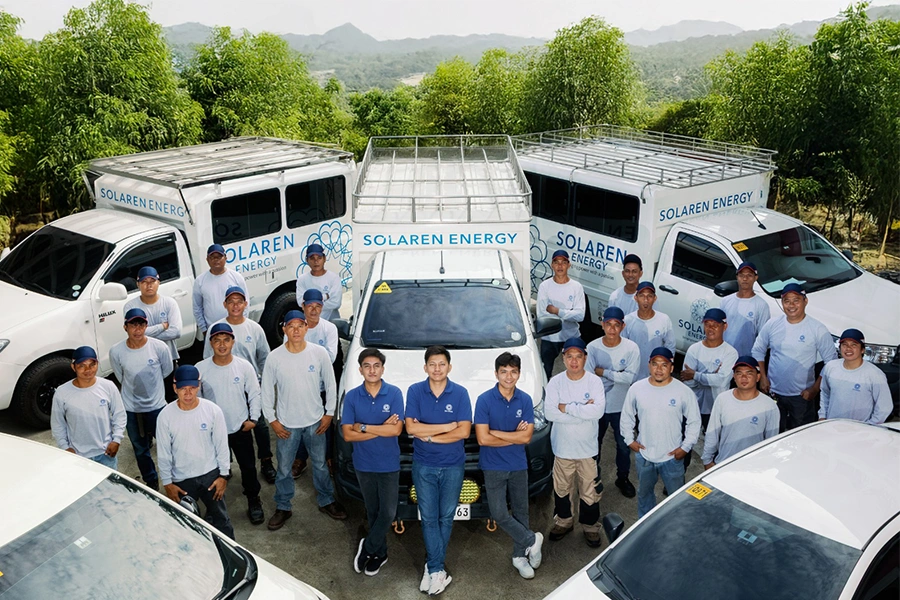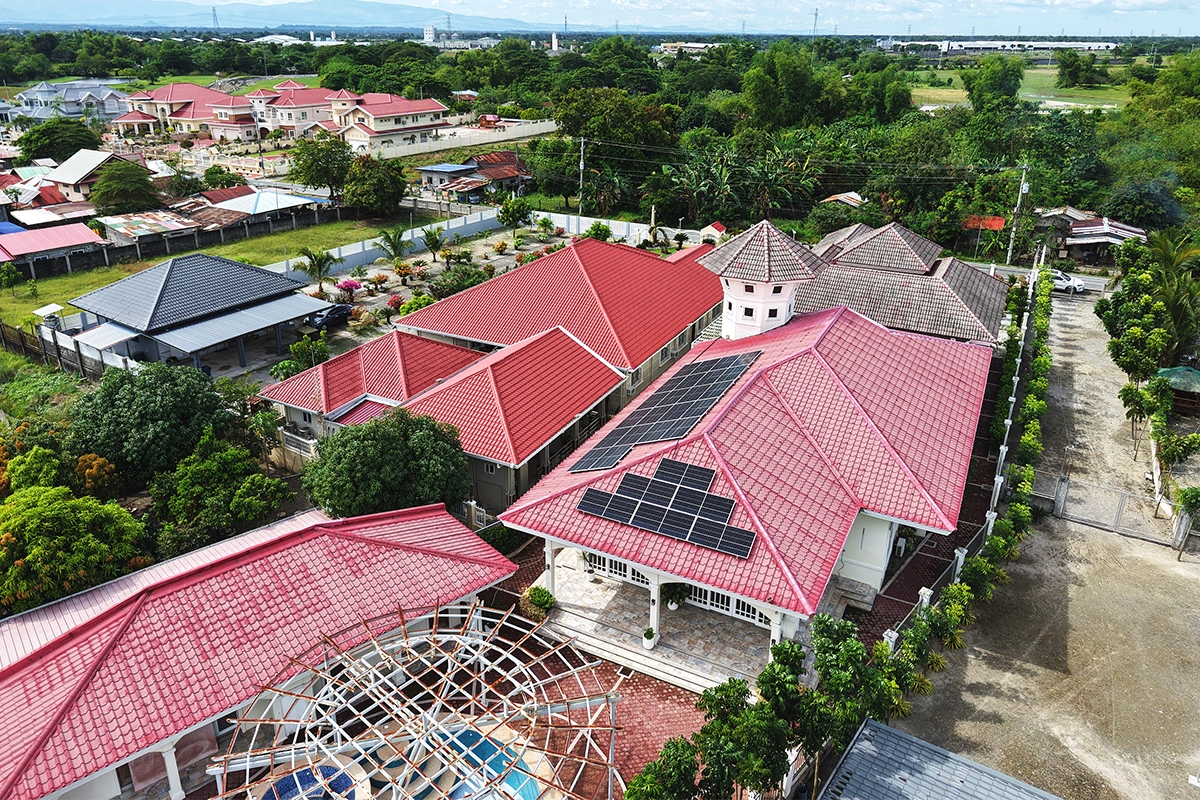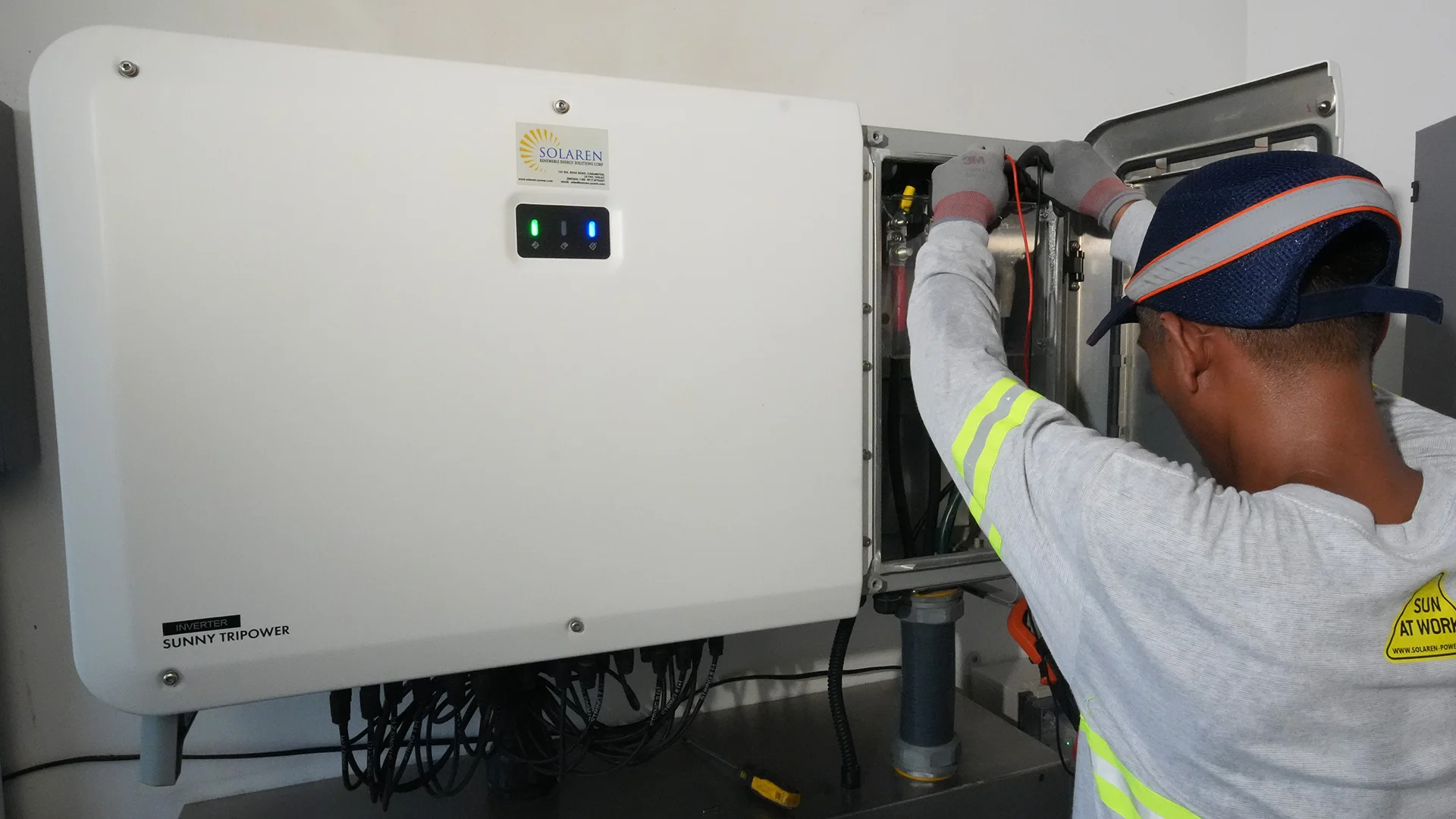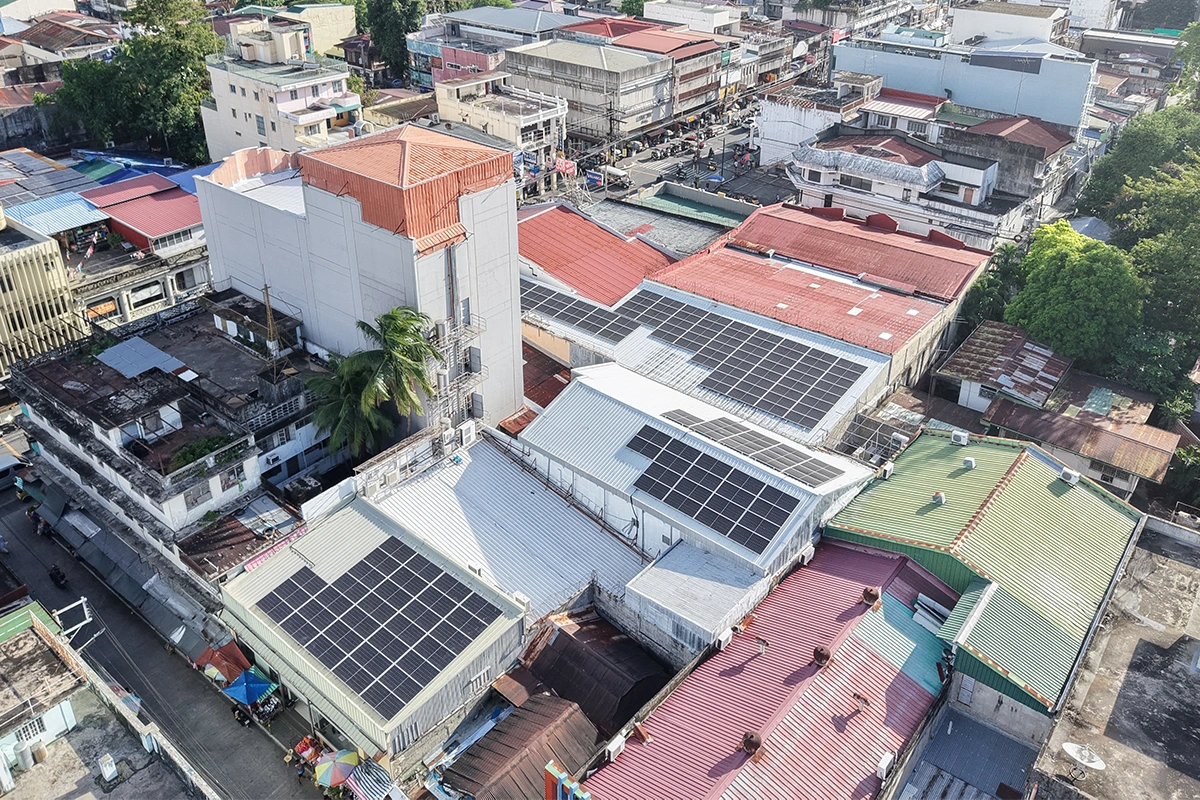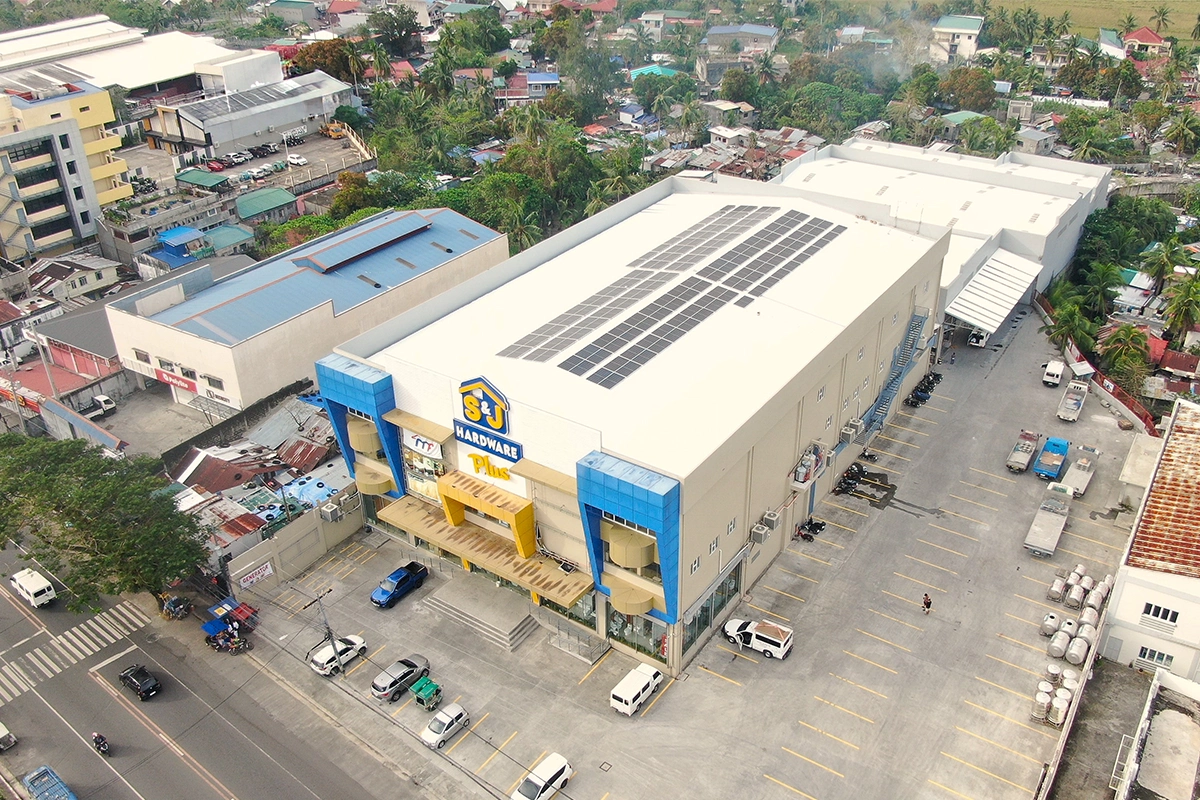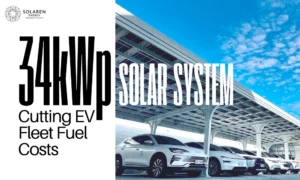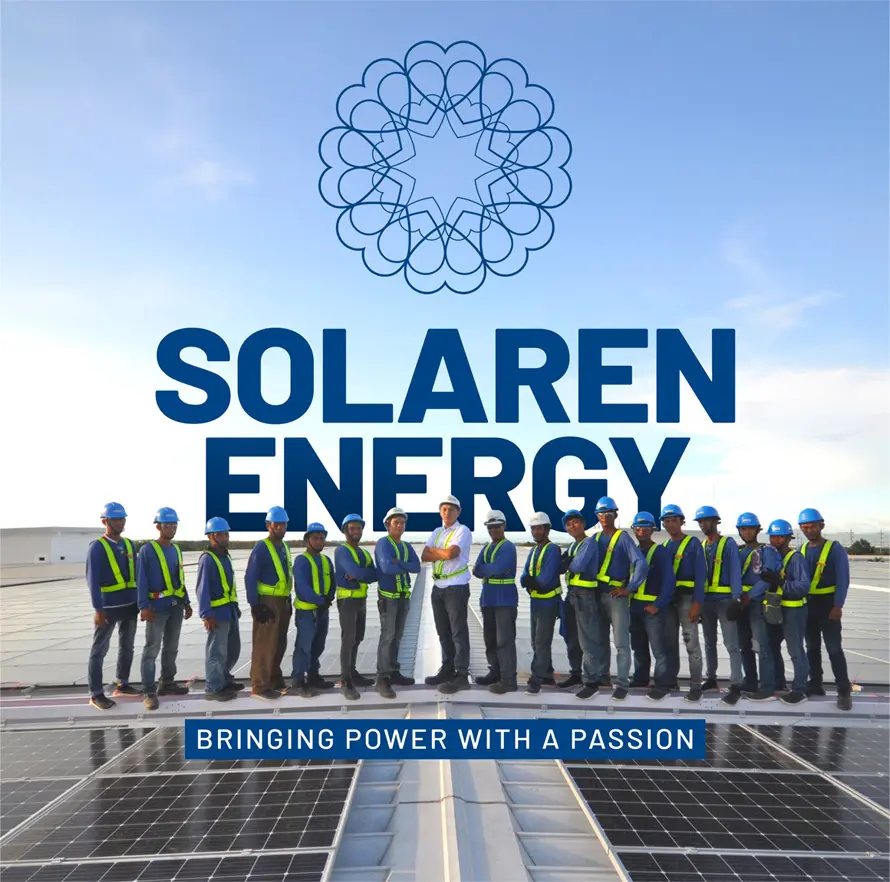The Philippines sits in one of the most solar-rich regions on the planet. With an average of five to six peak sun hours per day and an electricity grid that consistently delivers some of the highest power rates in Southeast Asia, the case for solar energy in this region is not a hard one to make. For homeowners, businesses, and industrial operators alike, the numbers have been pointing in the same direction for years. In 2026, they are pointing harder than ever.
This guide covers what solar energy actually costs in the Philippines, how long it takes to recover your investment, the current government framework, and what is possibly coming next.
Why the Philippines Is Built for Solar
Geography does a lot of the work here. Positioned just above the equator, the Philippines receives between 1,500 and 1,600 kWh of solar irradiation per square meter every year. That is not a marginal advantage. It means that a solar panel installed in Manila, Cebu, or Tarlac will regularly outperform an equivalent panel installed in Germany, Japan, or the United Kingdom — countries where solar adoption has long been mainstream.
Beyond the geography, the economics are driven by one unavoidable reality: electricity in the Philippines is expensive. Depending on your utility provider and region, you are likely paying somewhere between PHP 10 and PHP 18 per kilowatt-hour. For commercial and industrial customers with high consumption, those bills represent a high and recurring cost that compounds year after year. Solar can address these costs directly, transforming simple sunlight into electricity that offsets grid power from the moment your system is switched on.
Add to this the falling cost of solar panels globally, and you have a market that has moved from early adoption to mainstream investment over the past five years.
What Does Solar Cost in the Philippines in 2026?
This is the question most people lead with, and understandably so.
For a quality, fully installed solar system from an established provider, expect to pay in the range of PHP 35,000 to PHP 45,000 per kilowatt-peak (kWp). This is an all-in figure covering panels, inverter, mounting, wiring, metering, installation labour, and commissioning. Prices vary depending on system size, roof type, location, and the equipment specified.
To put that in practical terms:
A typical mid-sized home might install a 5 kWp system, which would cost roughly PHP 175,000 to PHP 225,000 and offset a significant portion of a household’s electricity bill. A commercial operation running machinery, cold storage, or large air-conditioning loads might install anything from 30 kWp to several hundred kWp. Expected economies of scale bring the per-kWp cost toward the lower end of the range.
Panel quality does matter. There is a significant difference between budget panels from unverified suppliers and Tier 1 panels from manufacturers with established performance warranties. A reputable installer will always specify panels with a 25-year performance warranty and an expected system life of 30 years. Over that lifespan, the cost per unit of energy produced becomes very low indeed.
How Long Before You Get Your Money Back?
Payback periods in the Philippines are among the shortest in the world for solar, precisely because electricity rates are high and sunlight is abundant.
For residential customers, a well-designed system typically pays for itself within three to five years. For commercial and industrial customers, where consumption is higher, and the system can be sized more aggressively to the load, payback often falls within 2 to 4 years.
After payback, the system continues producing electricity for another 25 years or more. That is a long period of near-zero energy cost for the output the panels generate. For any business running tight margins on energy-intensive operations, that change is material.
The key variable is your current electricity rate. A business paying PHP 16 to PHP 18 per kWh will recover costs faster than one paying PHP 10 to PHP 12 per kWh. Your solar provider should be able to model this precisely for your site, using actual consumption data and local irradiation figures.
Net Metering: Selling Power Back to the Grid
The Philippines has had a net metering framework in place for several years under the Renewable Energy Act (Republic Act 9513). Under net metering, any excess electricity your solar system produces and feeds into the grid is credited against your future electricity bills.
There are several limits to be aware of. Net metering in the Philippines currently applies to systems up to 100 kWp. In other words, to qualify, a system must not exceed this size. For residential and small commercial customers, this covers most scenarios comfortably, but systems that do not have their own dedicated transformers are sometimes restricted due to what is called “hosting Capacity”. Larger commercial and industrial systems above that threshold generate and consume their energy on site, which is typically the design intent for bigger installations anyway.
The entire regulatory environment around solar has improved noticeably in recent years. Red tape has been slashed, and legislation has been passed to simplify the interconnection. This has all reduced the administrative burden that previously slowed net metering applications. What was once a lengthy, uncertain process has become significantly more straightforward for most applicants. As a company, Solaren always handles these processes anyway.
Energy Pooling: A Major Development on the Horizon
In early 2026, the Department of Energy announced the introduction of an energy pooling framework for renewable energy in the Philippines. This is genuinely significant.
Energy pooling, in its most practical form, would allow multiple solar system owners to aggregate their generation capacity and participate collectively in the electricity market. For commercial and industrial users, this opens the possibility of monetising excess solar production beyond simple net metering credits.
The full implementation details are still being developed and published by the DOE, and Solaren is watching the rollout closely. What is clear already is the direction of intent: the government wants to make it easier, not harder, for solar energy to flow through the economy. For anyone considering a solar investment now, that direction matters. Systems being installed today are being built into a regulatory environment that is actively moving in favour of solar producers.
We will publish additional updates on energy pooling as the DOE releases guidance.
Who Is Going Solar Energy in the Philippines?
One thing that stands out about solar adoption here is how broad it has become. This is no longer a technology reserved for large corporations with sustainability targets.
Walk through Solaren’s completed project portfolio, and you find manufacturing plants, department stores, poultry farms, hotels, universities, hospitals, government buildings, fast food outlets, residential homes in gated communities, and farms across multiple provinces. Please browse the full range of installations across commercial, industrial, and residential sectors on our projects page.
Our installation diversity shows a straightforward reality. Solar works across virtually every property type and consumption profile in the Philippines. The economics differ for a cold storage facility operating 24 hours a day versus a residential home with daytime occupants, but in both cases, a properly designed and executed system delivers a strong return.
The sectors seeing the fastest uptake in 2026 are commercial retail, food production and agriculture, and mid-sized industrial operations. These are businesses with predictable, high daytime consumption and the space and structural capacity to accommodate meaningful system sizes.
What to Look for in a Solar Provider
Installation quality is the single most important factor in determining how well your system performs over its lifetime. A poorly installed system will break down faster, require more maintenance, and may never hit its projected output figures. Quality components are critical, and speak for themselves.
There are several additional items worth verifying before signing any contract with an installation company. The company should have a demonstrable track record of completed projects across distinct sectors and scales. They should use in-house installation teams rather than subcontractors, which secures consistent standards and clear accountability when issues arise. They should be able to provide detailed energy modelling based on your actual site conditions, not just a standard estimate. And they should specify equipment with proper manufacturer warranties. For panels, a 25-year performance guarantee is a minimum. For inverters, generally 5 or 10 years
Philippine Electrical Code compliance is mandatory. Any system connected to the grid must be designed and installed in accordance with PEC standards by registered electrical engineers. This is both a legal requirement and a basic protection for your investment.
The Longer View
Electricity prices in the Philippines are not going down. The foundational factors that keep power expensive here —dependence on imported fuel, aging grid infrastructure, and high transmission losses—are not being resolved quickly. Solar does not solve all of those problems, but it solves your exposure to them. A solar investment locks in a significant portion of your energy supply at a cost that is known, predictable, and declining in real terms over time.
Over a 30-year system life, the gap between what you would have paid to the grid and what you actually pay becomes very large. For a commercial operation with a monthly electricity bill of PHP 500,000, even a 60% solar offset yields savings of tens of millions of pesos over the life of the system.
That is not a speculative outcome. It is a function of physics and arithmetic, applied to conditions that exist across the Philippines right now.
Getting Started
The right starting point for any solar project is an accurate assessment of your site and consumption. An established provider will ask for your electricity bills, assess your roof or ground area, model your expected output, and present a clear financial projection showing costs, savings, and payback timeline.
If you are comparing providers, ask each one to walk you through their assumptions. How many peak sun hours are they using? What degradation rate have they applied to the panels? Are they using actual irradiation data for your location or a generic national average? The answers to those questions will tell you a great deal about how seriously they take the analysis.
Solaren has completed installations across more than 99 sites in the Philippines, spanning residential homes, commercial facilities, industrial operations, farms, schools, hospitals, and government buildings. To see the breadth and scale of what has been delivered, take a look at our completed projects.
If you are ready to explore what solar energy could look like for your property, get in touch with the Solaren team for a no-obligation consultation.

